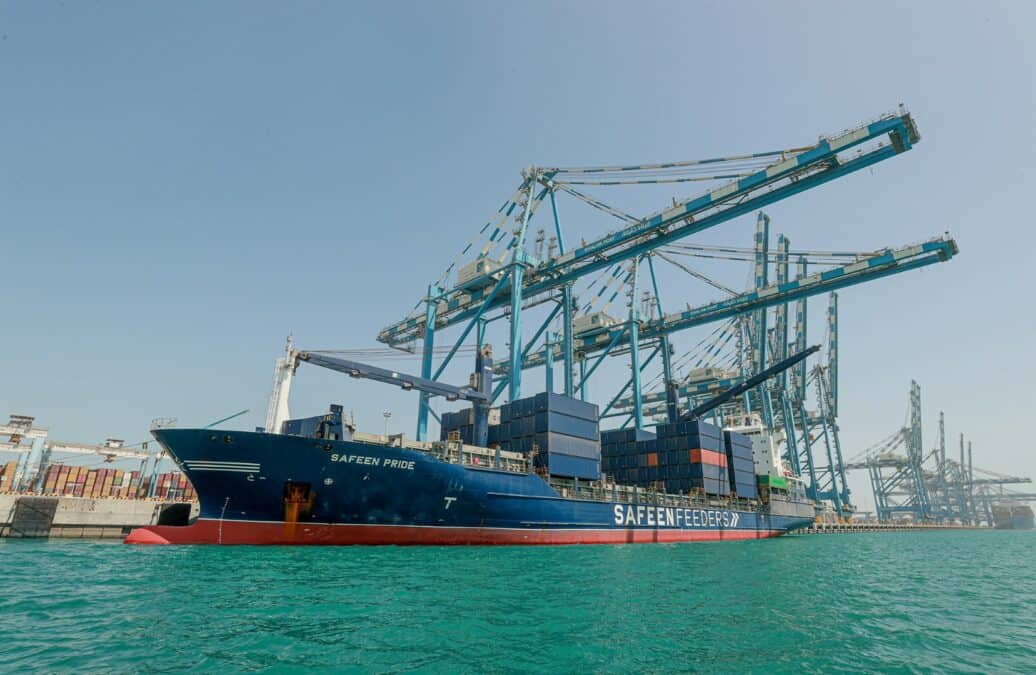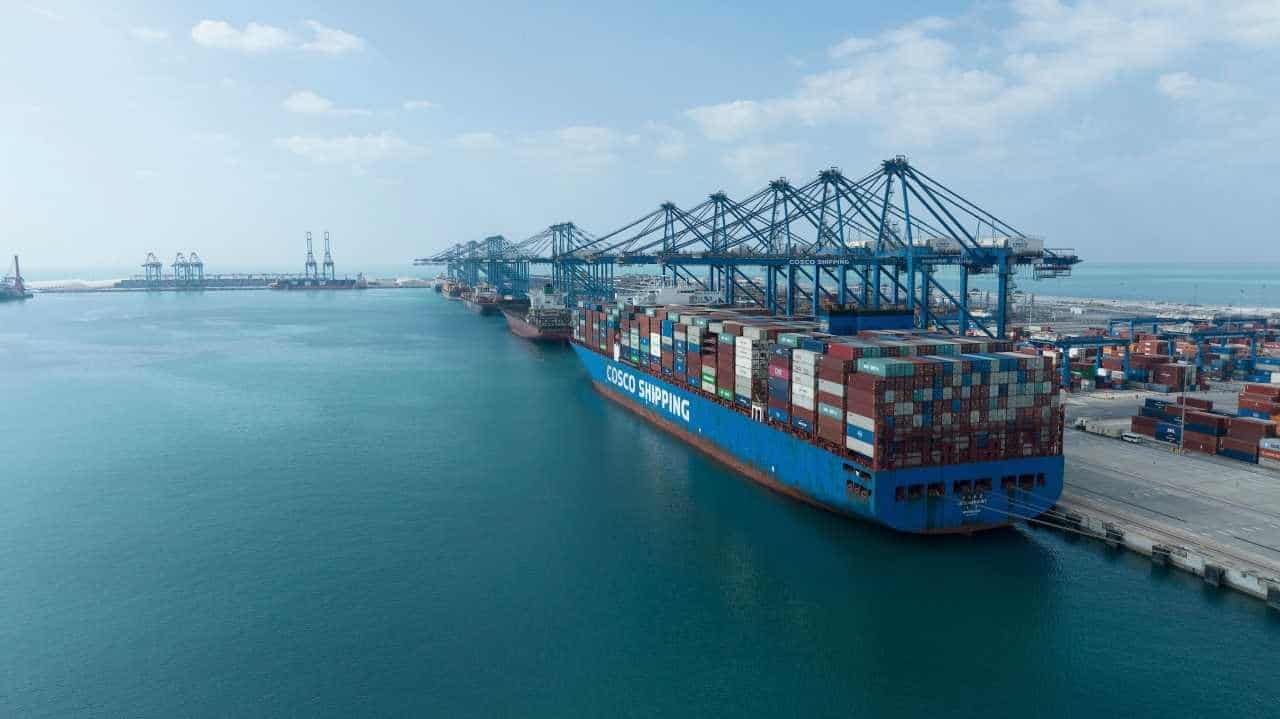DUBAI, UAE — Most MENA residents believe that competence and quality are among the main areas that GCC countries should focus on to improve their logistics.
In a poll on the TRENDS Twitter account, we asked our followers which areas, in their opinion, GCC countries should focus on to improve their logistics.
Well, competence and quality took the highest votes (31.5 percent), followed by customs procedures (27,8 percent), then infrastructure (21.3 percent), and finally international shipment with only 19.4 percent.
Surprisingly, voters were mainly from Egypt (66 percent), as many Egyptians live in the GCC countries and work in various sectors. Kuwaiti voters came in second (13 percent), followed by voters from Qatar (7.4 percent), then Saudi Arabia (5 percent), then the United Arab Emirates (4.9 percent), and only 3,7 percent from other countries.
UAE leads
The UAE has achieved first place in the Middle East and North Africa region and 11th globally in the Quality Infrastructure Index for Sustainable Development, issued by the United Nations Industrial Development Organization (UNIDO) and the International Network for Quality Infrastructure (INet QI) for the year 2022 for the category of countries with a gross domestic product between US$ 100 billion and US$ 1 trillion, ahead of countries like Portugal, Singapore, Finland, Denmark, and Belgium.
Which area should #GCC countries focus on to improve their #logistics performance?#TRENDSpoll #TRENDSsurvey @Economyae @MEPSaudi @MOCIQatar
— TRENDS (@mena_trends) April 23, 2023
This indicator is considered an effective tool to compare the strength of the quality infrastructure in the world’s countries to achieve sustainable economic development.
This reflected the advanced UAE capabilities in the quality infrastructure system, as the indicator is based on five essential elements: standards, standards, accreditation, conformity assessment, and the national policy for quality, In a way that supports the implementation of federal legislation and contributes to achieving the national strategic goals, in addition to its contribution to meeting the needs of partners from the government and private sectors, manufacturers, suppliers, and consumers.
Other areas

To improve their logistics, GCC countries should focus on several key areas. First, they must invest in their transportation infrastructure, particularly their ports, airports, and highways. By upgrading and expanding these facilities, they can ensure that goods can move quickly and efficiently throughout the region.
Another critical area for improvement is customs procedures. Streamlining these processes can reduce delays and bottlenecks at borders, which can significantly impact the speed and efficiency of logistics operations. GCC countries should also improve their warehousing and distribution capabilities, emphasizing automation and technology.
Finally, there is a need to develop stronger partnerships and collaborations between different stakeholders in the logistics industry. This includes working closely with shippers, carriers, and freight forwarders to ensure everyone is aligned and working towards common goals. By focusing on these areas, GCC countries can create a more efficient and effective logistics ecosystem that will help to drive economic growth and prosperity in the region.








